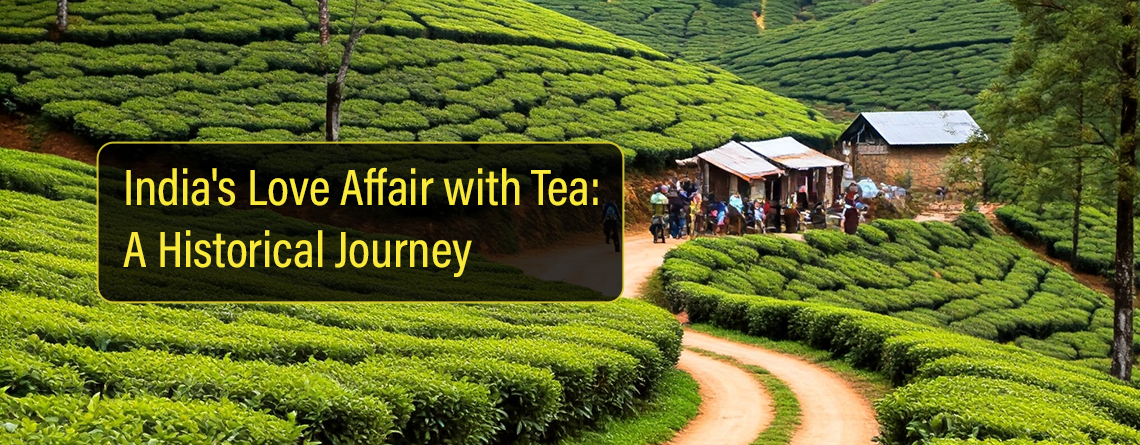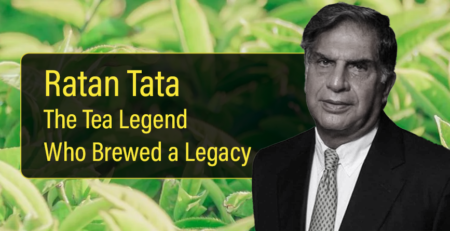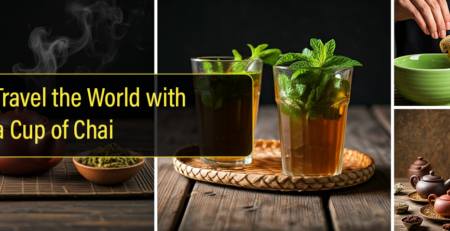India’s Love Affair with Tea: A Historical Journey
India, a land of diverse cultures and traditions, has a deep-rooted relationship with tea. This aromatic beverage has woven itself into the fabric of Indian society, becoming more than just a drink; it’s a symbol of hospitality, relaxation, and social gatherings. Let’s delve into the fascinating history of tea in India.
Colonial Beginnings
The introduction of tea to India can be traced back to the British colonial era. In the early 19th century, the British East India Company began experimenting with tea cultivation in Assam, a region in northeastern India with favorable climatic conditions. The company’s efforts were successful, and Assam soon became a major tea-producing region.
The Assam Tea Industry
The Assam tea industry flourished under British rule. Large tea plantations were established, and the cultivation of tea became a significant source of revenue for the colonial government. The British also introduced new tea varieties and improved cultivation techniques, further enhancing the quality of Indian tea.
Tea and Indian Culture
As the tea industry grew, tea gradually became a part of Indian culture. The British introduced the concept of afternoon tea, a tradition that was embraced by the Indian elite. However, the consumption of tea soon extended beyond the upper classes. Tea stalls and tea shops became common sights in Indian cities and villages, offering affordable and refreshing beverages to people from all walks of life.
Tea in Indian Literature and Art
Tea has also made its presence felt in Indian literature and art. Many famous Indian authors have written about tea and its cultural significance. In Indian paintings and films, tea is often depicted as a symbol of comfort, companionship, and relaxation.












Leave a Reply